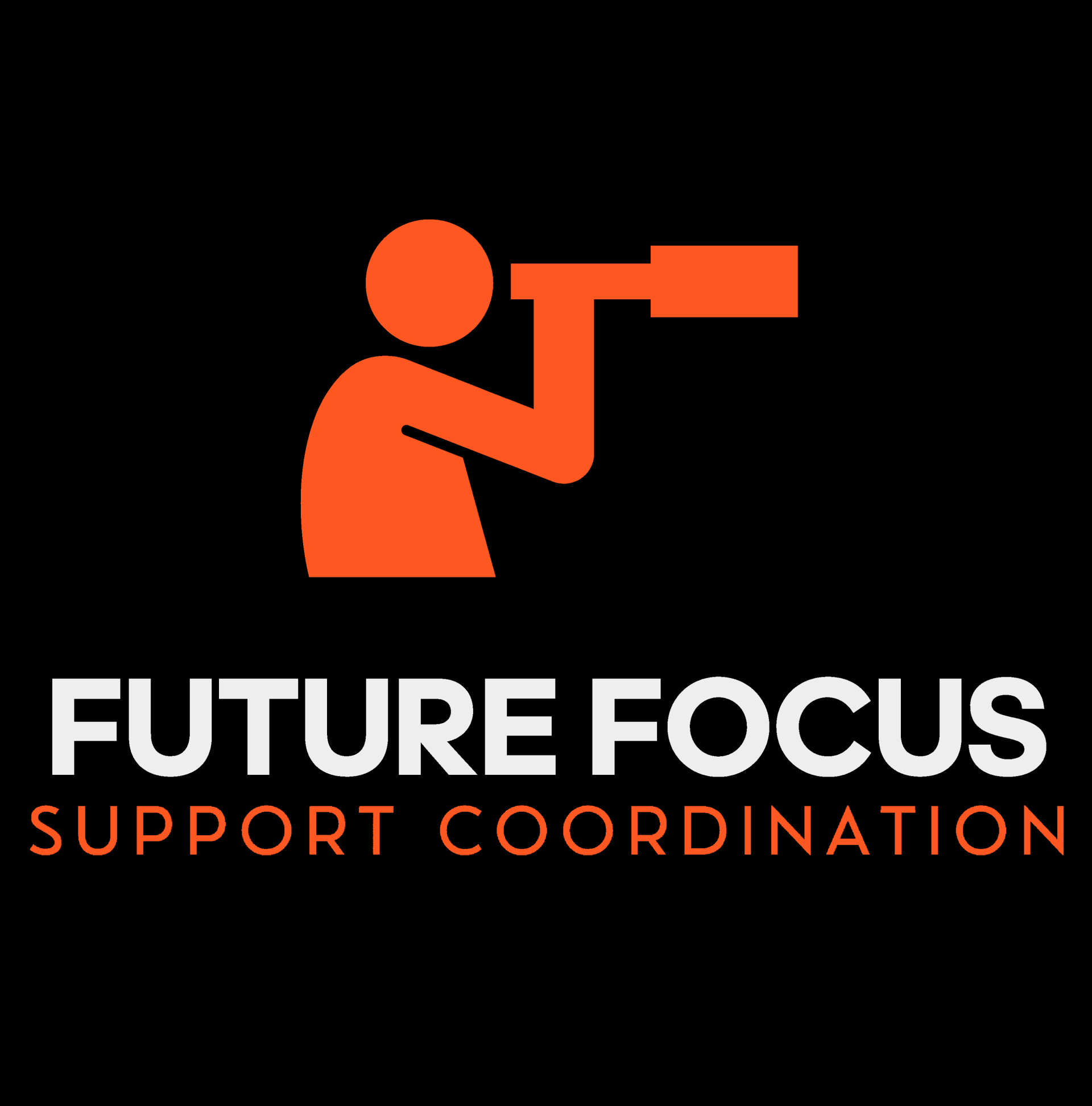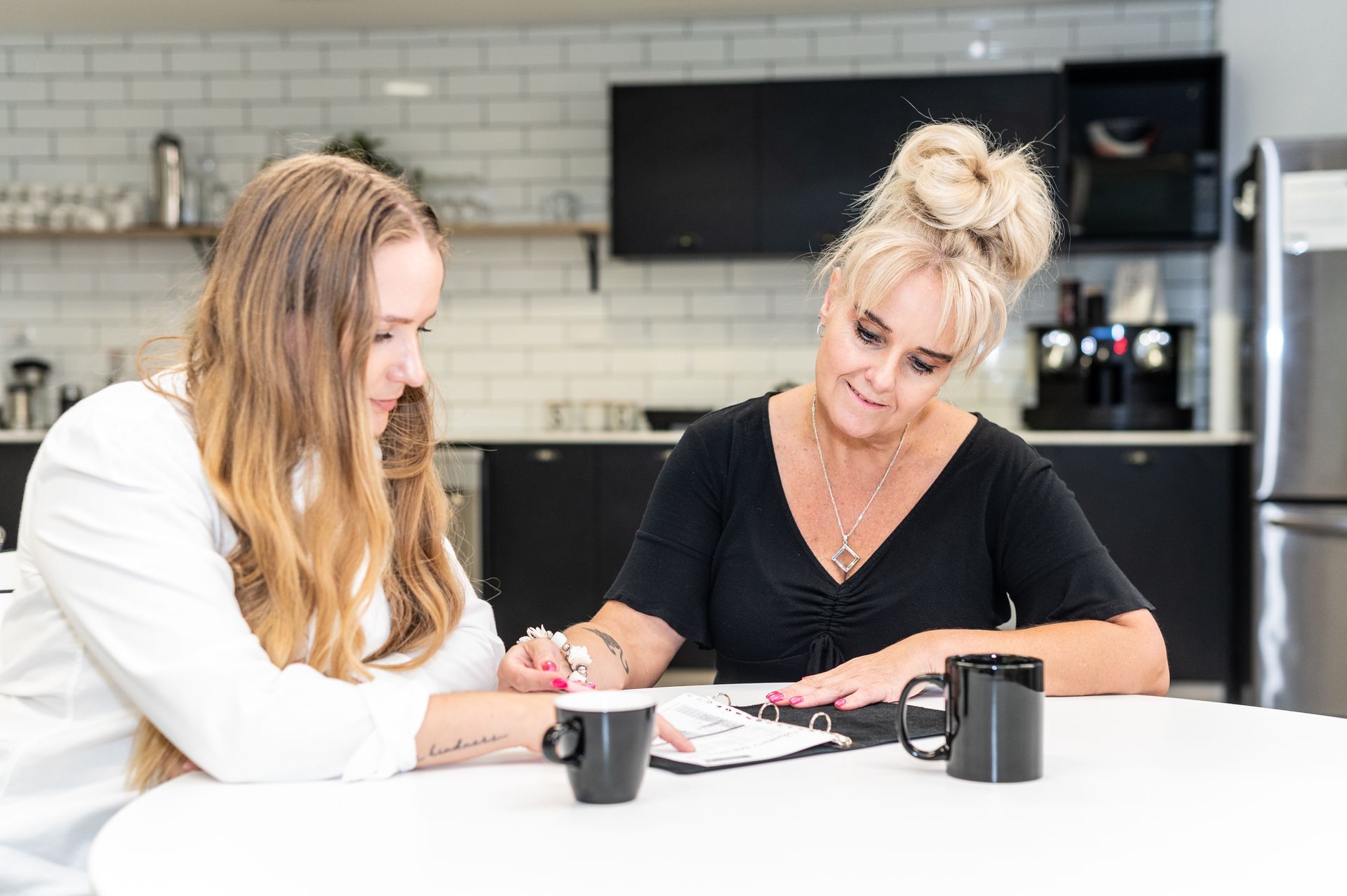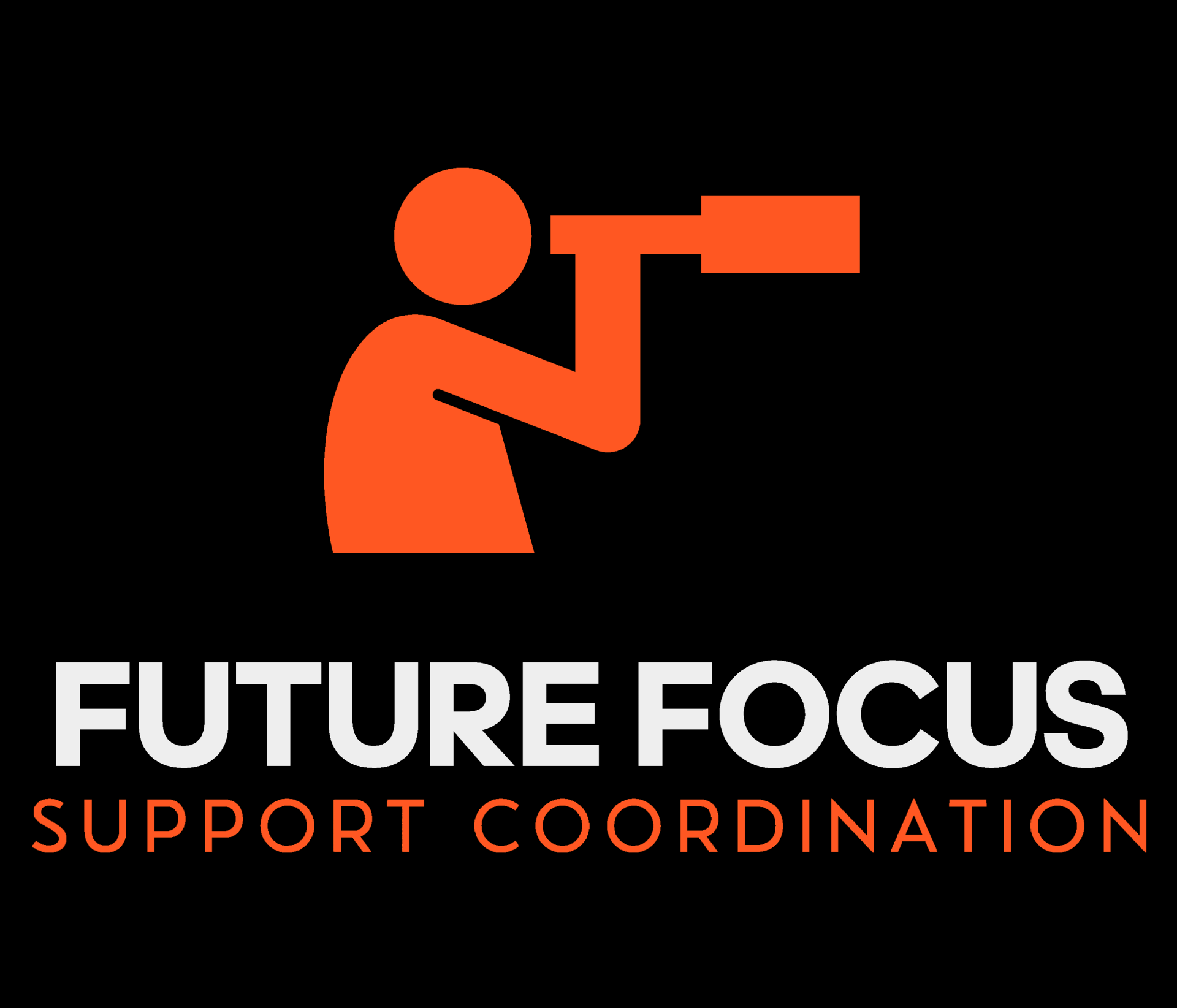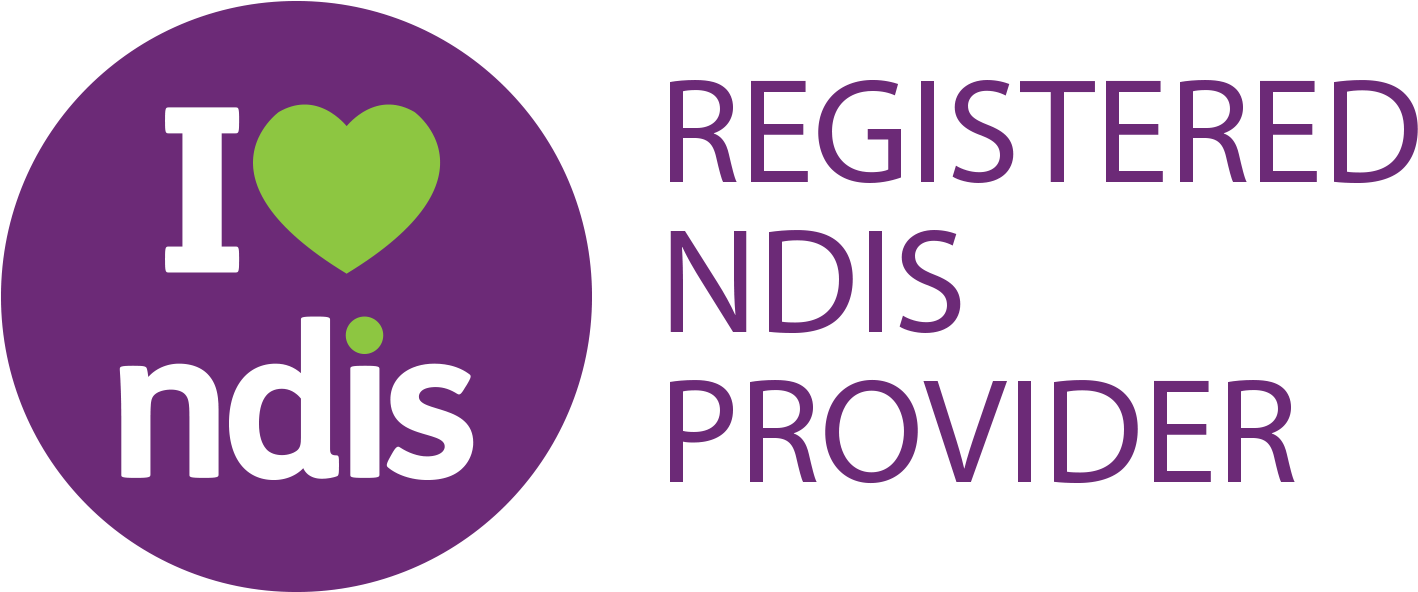Empowering Independence for People with Disabilities
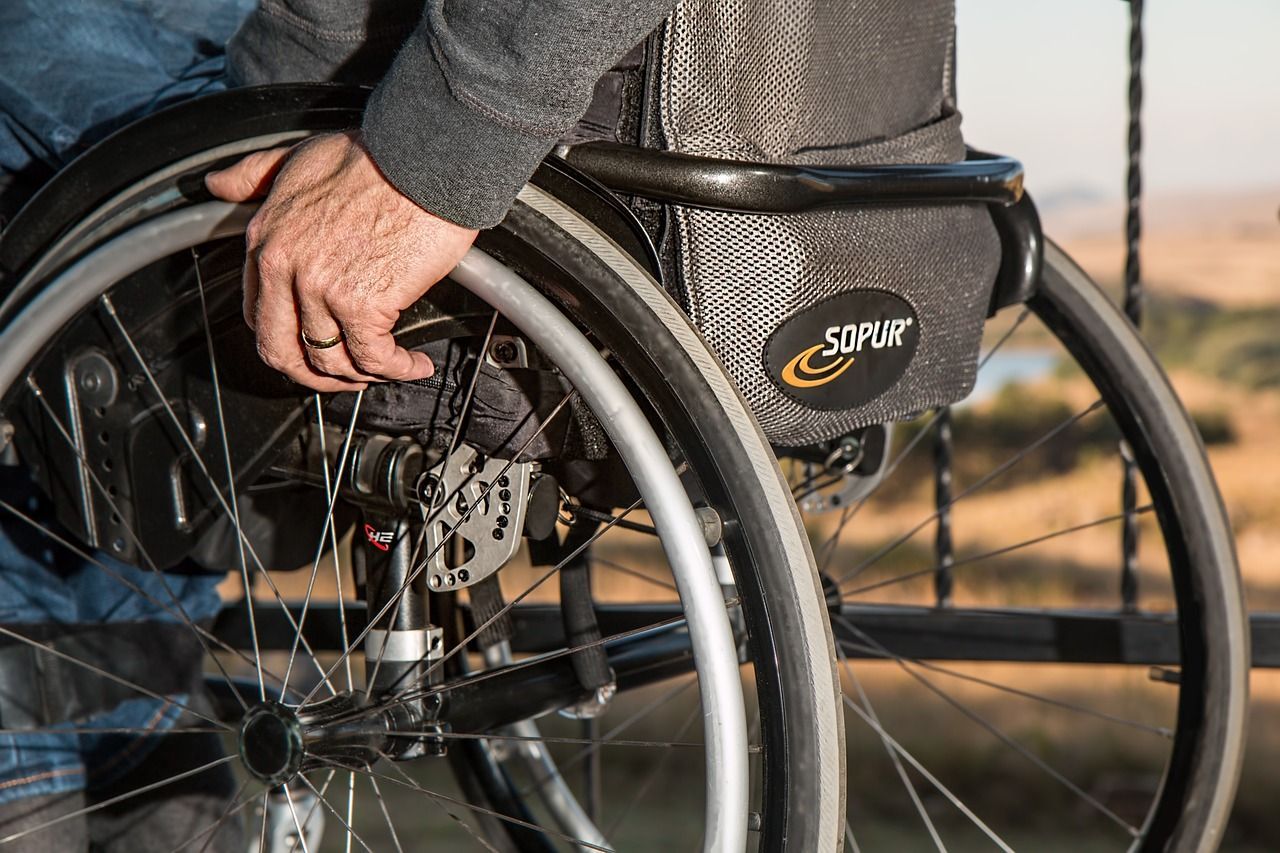
Promoting independence in individuals with disabilities is a journey of empowerment that requires a nurturing and positive approach. At the heart of this journey is the understanding that each person is unique and deserves the opportunity to lead a life filled with choices and personal achievements.
The National Disability Insurance Scheme (NDIS) plays a crucial role in facilitating this empowerment and is aided and championed by caregivers, family, friends, and support coordinators.
Understanding the NDIS
The NDIS marks a transformative approach to supporting Australians with disabilities, moving from a welfare strategy to an empowerment model that places individuals at the centre of their own care and decision-making. This ensures they have the autonomy and resources to lead fulfilling, independent lives.
To increase this support, the NDIS plans to provide $22 billion annually by 2025, helping 500,000 people gain more independence and live their lives to the fullest. Placing the person with a disability at the centre of the decision-making process ensures they have control over how these funds are used to achieve their personal goals. Our specialist support coordinators help facilitate this process.
Goals and Values of the NDIS
Central to the NDIS is personal autonomy, participation in decision-making, and access to diverse environments, which aligns with the UN Convention on the Rights of Persons with Disabilities. The NDIS supports personal goals, whether related to work, social activities, or daily living skills. It’s about building independence through meaningful choices.
Role and Benefits of Support Networks
Integral to the journey of fostering independence in people with disabilities is establishing robust support networks. These networks, comprising support coordinators, family, friends, caregivers, and other professionals, are pivotal in creating an environment that encourages and sustains personal growth and autonomy.
Understanding each individual's unique perspectives and needs is equally important, fostering a nurturing and inclusive environment. Positivity plays a significant role in this journey, where celebrating small victories and maintaining an optimistic outlook can significantly boost confidence and personal growth.
A mutual learning journey involving individuals, their families, and support networks can significantly accelerate progress towards independence, as can recognising and valuing the diverse interests and identities of people with disabilities.
Practical Steps Towards Independence
Embarking on the path to independence involves practical, actionable steps that empower people with disabilities to gain confidence and self-reliance gradually.
· Start with simple daily life choices and gradually increase the complexity and breadth of decisions.
· Encourage the individual to choose their friends and hobbies, fostering a sense of independence.
· Using the NDIS support package, individuals can choose their support network and care, reflecting a significant move towards autonomy.
· Gradually involve the individual in community activities, starting with simple tasks and expanding to more complex social interactions.
· Encouraging the community to embrace diversity and educating them about the capabilities of people with disabilities is vital for building an inclusive society.
· Promote healthy habits and continuous learning to enhance independence and self-reliance.
· Leverage technology, for example, tablets, to provide customised and enjoyable learning experiences.
Make The Move From Control To Support
Promoting independence in people with disabilities involves small, consistent steps and a focus on empowerment. An inclusive environment is created through collaborative decision-making, supportive networks, positivity, and gradual learning. Future Focus is pivotal in this journey, providing support coordinators in Melbourne, Perth and other areas of Australia who can assist your transition towards independence and self-determination.
